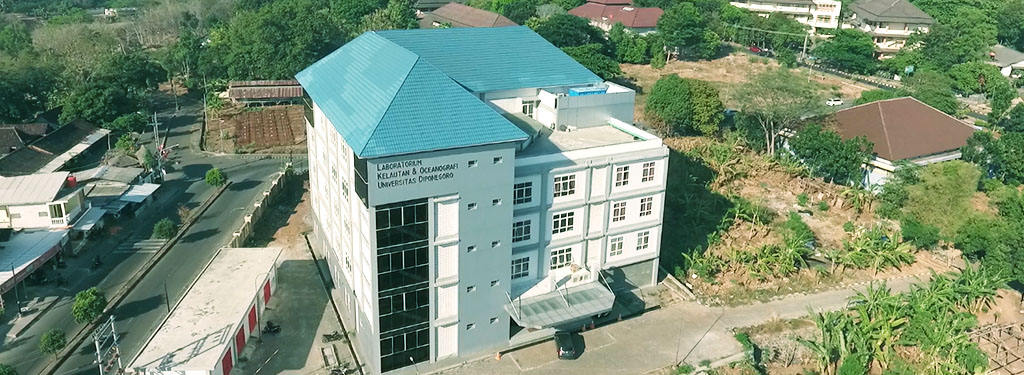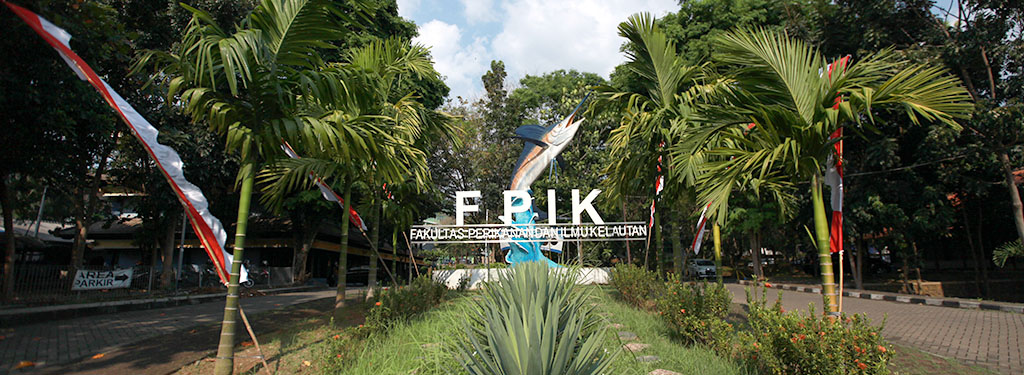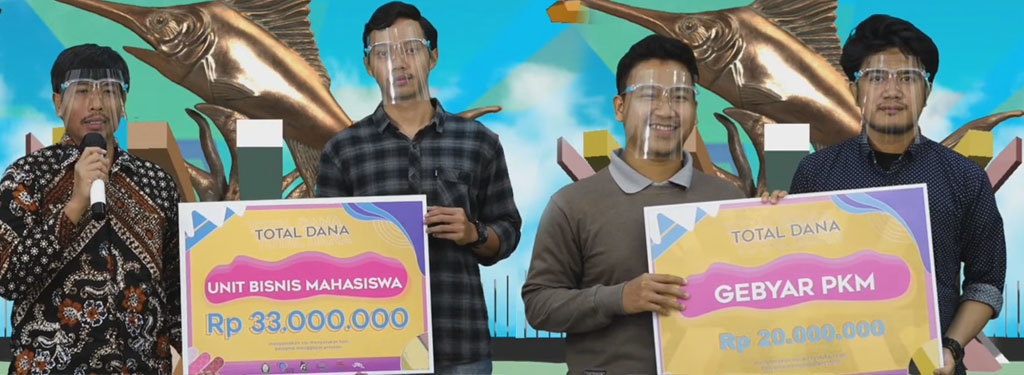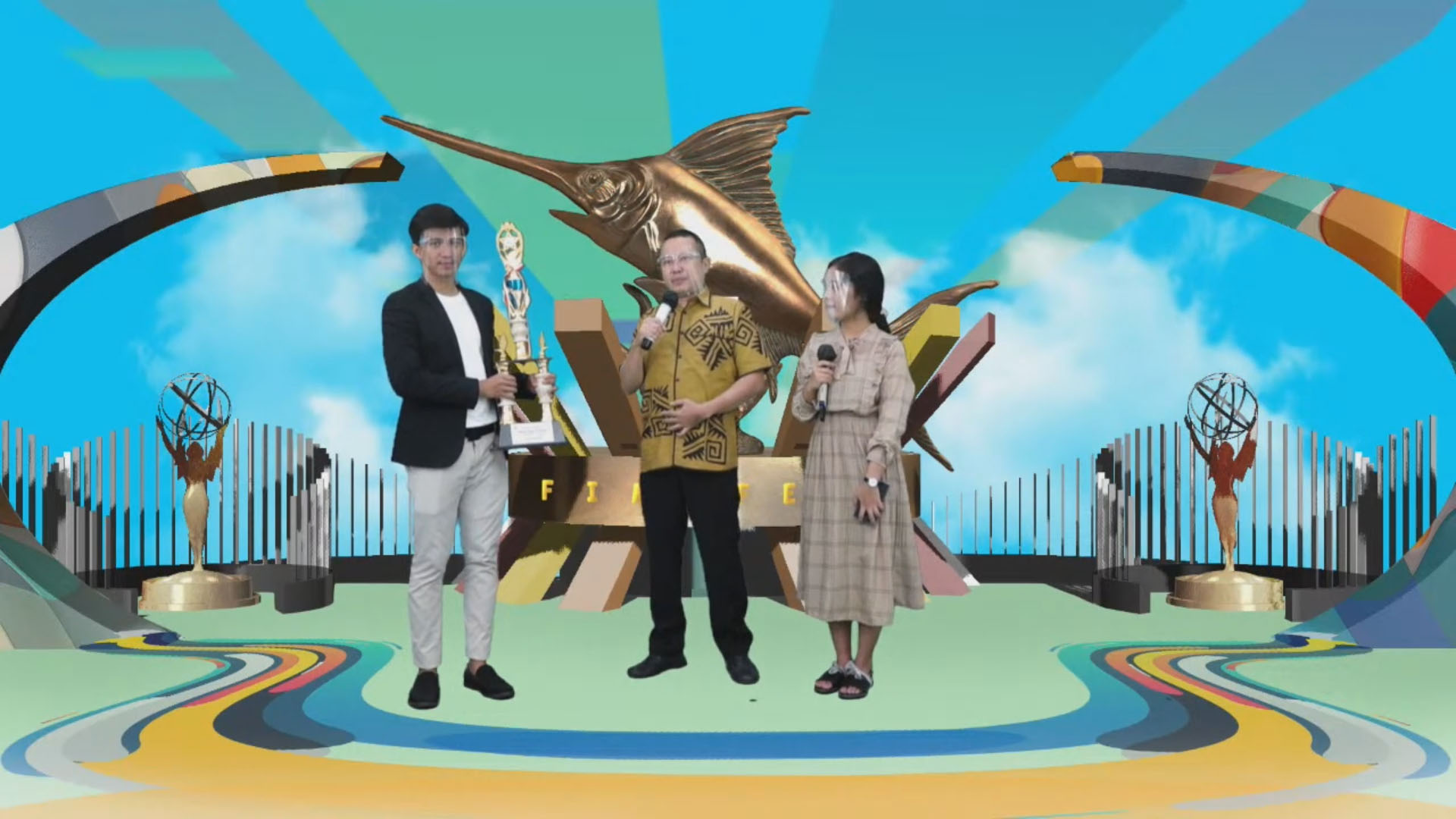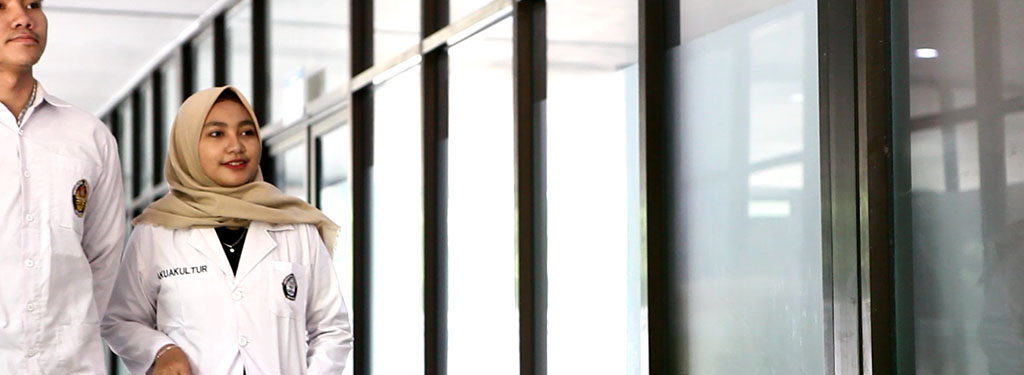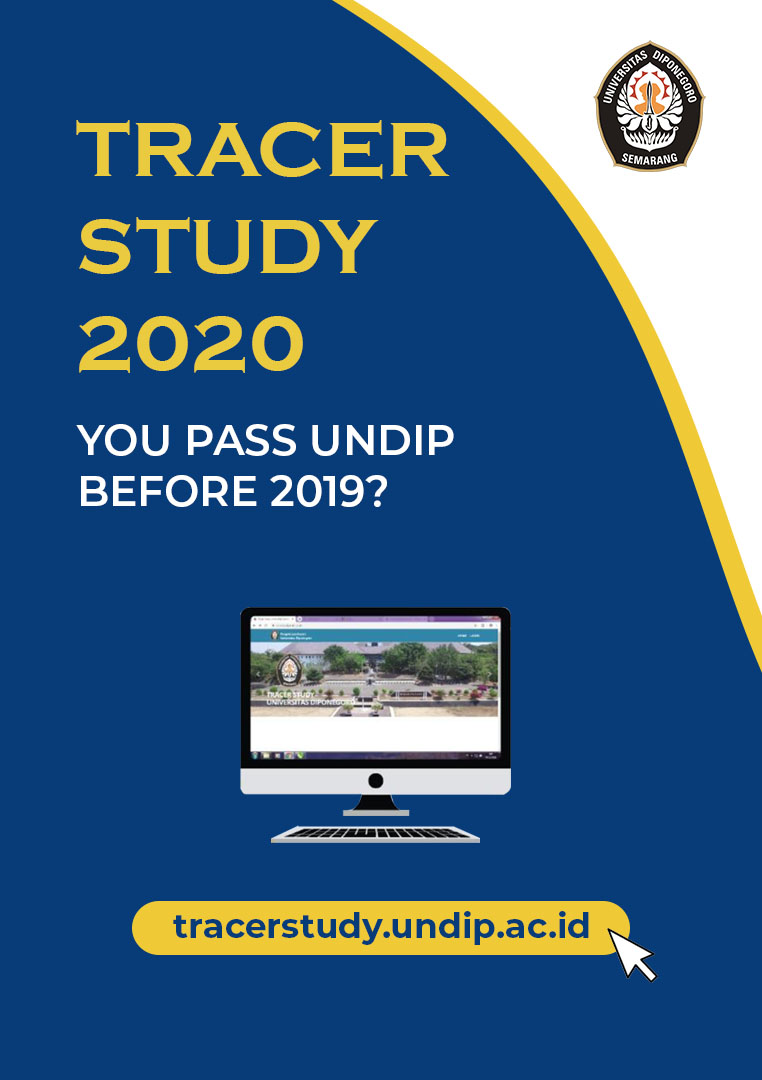What is the Aquaculture Study Program and Its Job Prospects?
FPIK, SEMARANG – (News source: kompas.com) Prospective students who will take the Computer-Based Written Examination (UTBK) and State Higher Education Entrance Joint Selection (SBMPTN) still have time to consider what study program (Prodi) to choose. The SBMPTN UTBK registration process will begin March 15 to April 1, 2021. Apart from knowing the capacity of the Study Program and its enthusiasts, the knowledge learned and job opportunities after graduation also need to be known. At Diponegoro University (UNDIP) Semarang, the Faculty of Fisheries and Marine Sciences (FPIK) has a number of study programs at the undergraduate level. Starting from Aquaculture, Aquatic Resources Management, Capture Fisheries, Marine Science, Oceanography and Fishery Product Technology.
The knowledge learned in the Aquaculture Study Program is broader than Fisheries studies. Apart from studying the potential of marine and fresh and brackish fisheries, Aquaculture students are also provided with knowledge about many activities. Among others: 1. Maintenance 2. Captive breeding 3. Breeding of marine and freshwater biota. Such as fish, shrimp, oysters, seaweed, and so on. The Head of the Aquaculture Department who is also the Head of the S1 Aquaculture Study Program (Prodi) FPIK Undip Sarjito explained, even though it is part of fisheries, Aquaculture is a fishery of the future.
“Currently, the world of Aquaculture is experiencing a very significant development, including the industry,” explained Sarjito, as quoted from the page undip.ac.id, Friday (12/3/2021). Currently there is a perception that Aquaculture only studies the cultivation of shrimp, grouper, milkfish, seaweed and others. In fact, there are many things that are learned in this study program, including: 1. Seed production 2. Feed 3. Measure of consumption 4. Facilities and infrastructure Differences in Aquaculture and Fisheries To distinguish Aquaculture and Fisheries, it can be seen from the indication of their emphasis in producing products. Fisheries tend to use the wild. Meanwhile, Aquaculture emphasizes its cultivation. “The end result can be the same, but the process is different,” added Sarjito.
The UNDIP Aquaculture Study Program was born based on the Decree of the Director General of DIKTI No. 473 / DIKTI / Kep / 1995 under the name Aquaculture Study Program. To face global challenges and existing developments, the nomenclature of Aquaculture Study Program was changed to Aquaculture Study Program. According to Sarjito, apart from being strict in maintaining quality, the Aquaculture Study Program also equips its students with knowledge that is relevant to the demands of the times. Students are also equipped with entrepreneurial knowledge. Especially those related to the potential of aquatic culture. Aquaculture work prospects for Aquaculture Study Program graduates are also recognized as equality in KKNI (Equivalent Level to Indonesian National Qualification Framework) with Level 6 of the Indonesian National Qualification Framework (KKNI). “Our priority is to prepare our curriculum for aquaculture entrepreneurs and developers. As well as a career as a researcher and consultant, manager, educator and instructor in aquaculture, ”said Sarjito.
It should be noted, KKNI is a qualification ranking for Indonesian human resources that juxtaposes, equalizes, and integrates the education sector with the training and work experience sectors in a work ability recognition scheme that is tailored to the structures in various work sectors. (Author Mahar Prastiwi | Editor Ayunda Pininta Kasih).
This article was published on Kompas.com with the title “What is an Aquaculture Study Program and its Job Prospects? So said the Undip Lecturer”,
Click here to read news sources.


